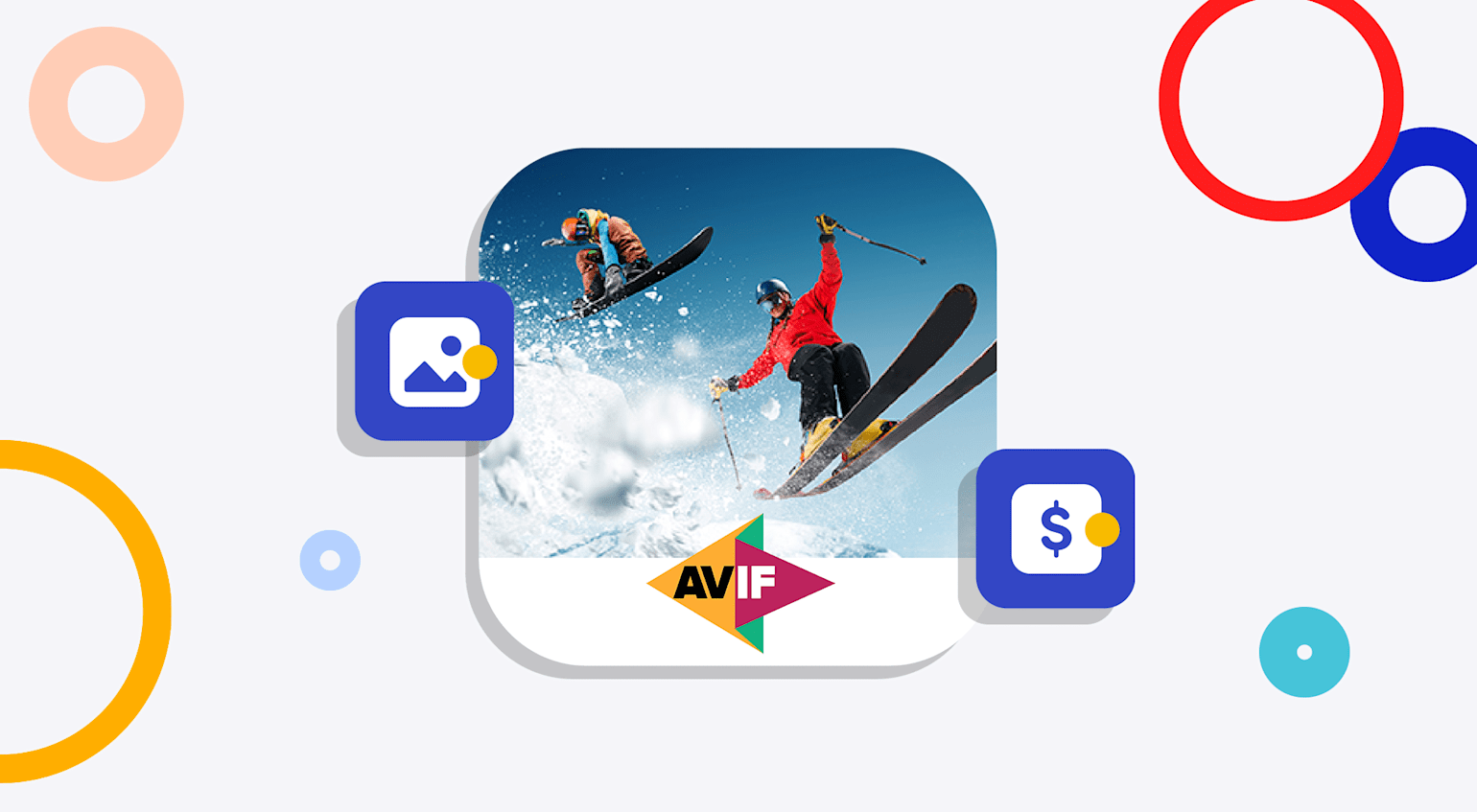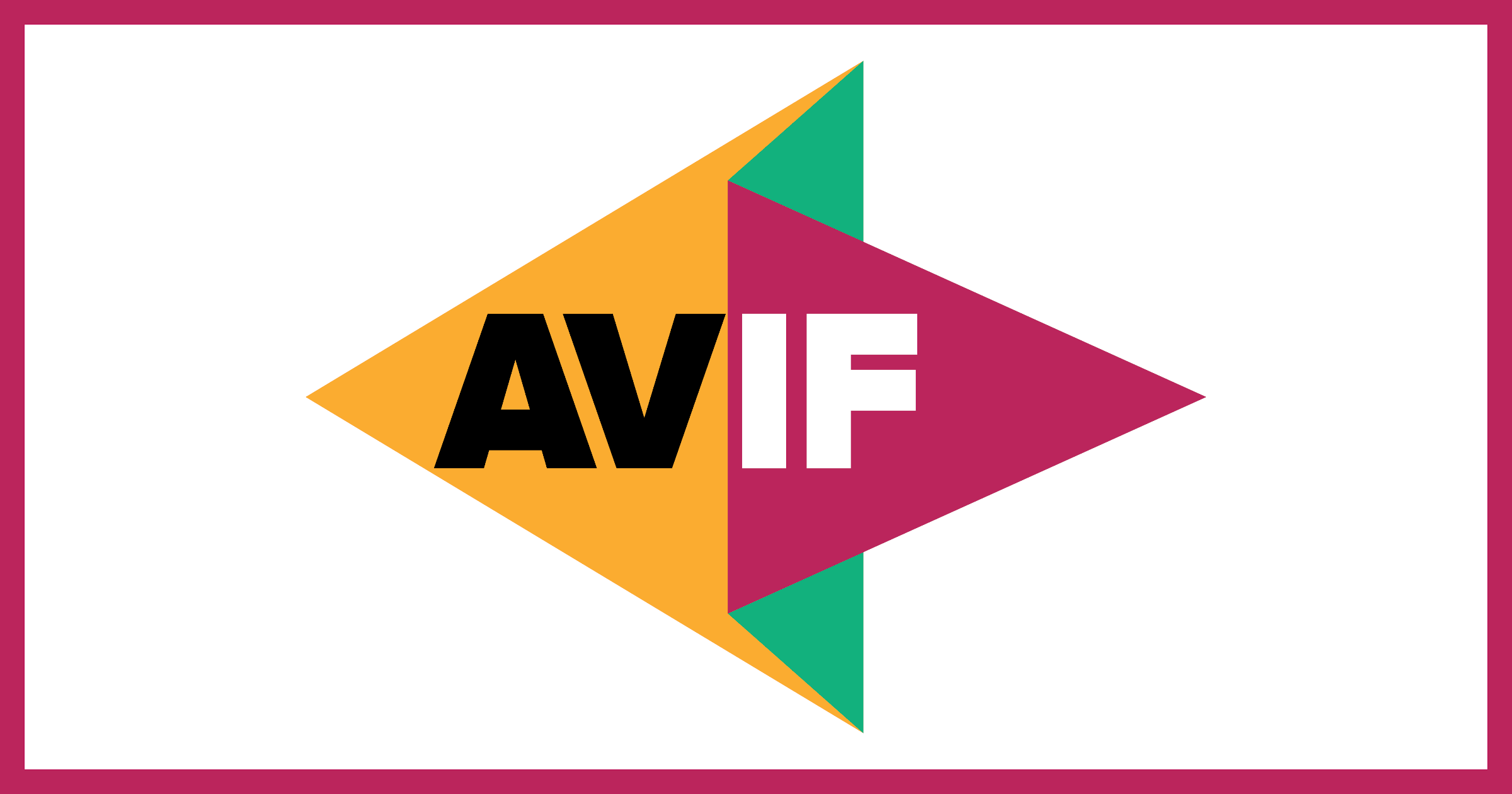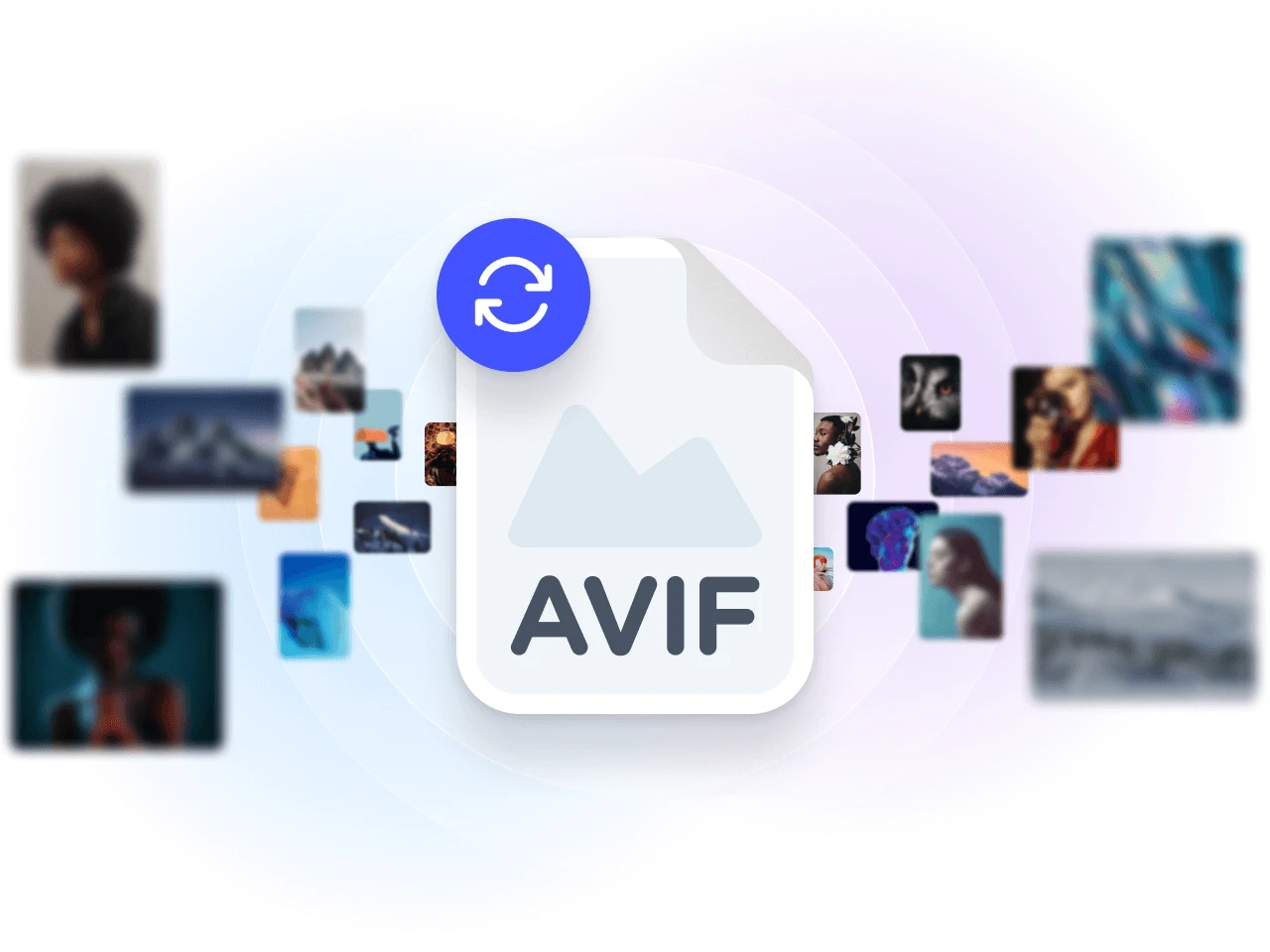

In the ever-evolving realm of digital media, image compression plays a pivotal role in enhancing user experience, optimizing bandwidth, and facilitating faster load times. The introduction of AVIF (AV1 Image File Format) marks a significant milestone in this landscape, promising superior compression efficiency without compromising image quality. One of the intriguing aspects of AVIF is its compatibility with existing web standards, making it an attractive option for web developers and content creators alike. In this blog post, we delve into the AVIF to PNG conversion process, exploring its implications and benefits.


The Need for Conversion:
Despite its many advantages, AVIF adoption faces hurdles due to limited support across browsers and applications. Consequently, content creators often find themselves needing to convert AVIF images to more widely compatible formats like PNG for broader accessibility. Fortunately, several tools and libraries have emerged to streamline this conversion process, ensuring seamless integration into existing workflows.

avif2png: This command-line utility facilitates the direct conversion of AVIF images to PNG format, offering simplicity and flexibility. With options to specify output dimensions, color profiles, and compression levels, avif2png caters to diverse requirements.
Various online platforms offer convenient AVIF to PNG conversion services, eliminating the need for local installations. Users can upload AVIF images via a web interface and receive the corresponding PNG files promptly. While online converters offer simplicity and accessibility, they may pose privacy concerns due to the transfer of sensitive data over the internet.
Developers can leverage programming libraries such as libavif (C), AVIF.NET (C#), and avif-py (Python) to integrate avif to png conversion functionality into custom applications. These libraries provide comprehensive APIs for encoding, decoding, and manipulating AVIF images, empowering developers to build tailored solutions that meet specific requirements.
Compatibility: By converting AVIF images to PNG format, content creators ensure compatibility with a wide range of browsers, platforms, and applications, thereby maximizing audience reach and user engagement.
Interoperability: PNG serves as a universally accepted image format, making it ideal for seamless integration into diverse digital ecosystems. Whether it's web design, graphic design, or multimedia content creation, PNG remains a preferred choice due to its widespread support and versatility.
Preservation of Quality: Despite the conversion process, PNG maintains the original image quality, ensuring that visual fidelity remains uncompromised. This aspect is crucial for applications where image integrity is paramount, such as professional photography, digital art, and e-commerce.

The AVIF to PNG conversion process represents a vital bridge between cutting-edge image compression technologies and established standards in the digital landscape. While AVIF offers unparalleled compression efficiency, the need for compatibility necessitates seamless conversion to widely supported formats like PNG. By embracing conversion tools, methods, and libraries, content creators can harness the best of both worlds, leveraging AVIF's compression prowess while ensuring broad accessibility and interoperability. As the digital ecosystem continues to evolve, the synergy between AVIF and PNG exemplifies the ongoing quest for innovation and standardization in image compression technology.

Email: iamkashifcs@gmail.com
